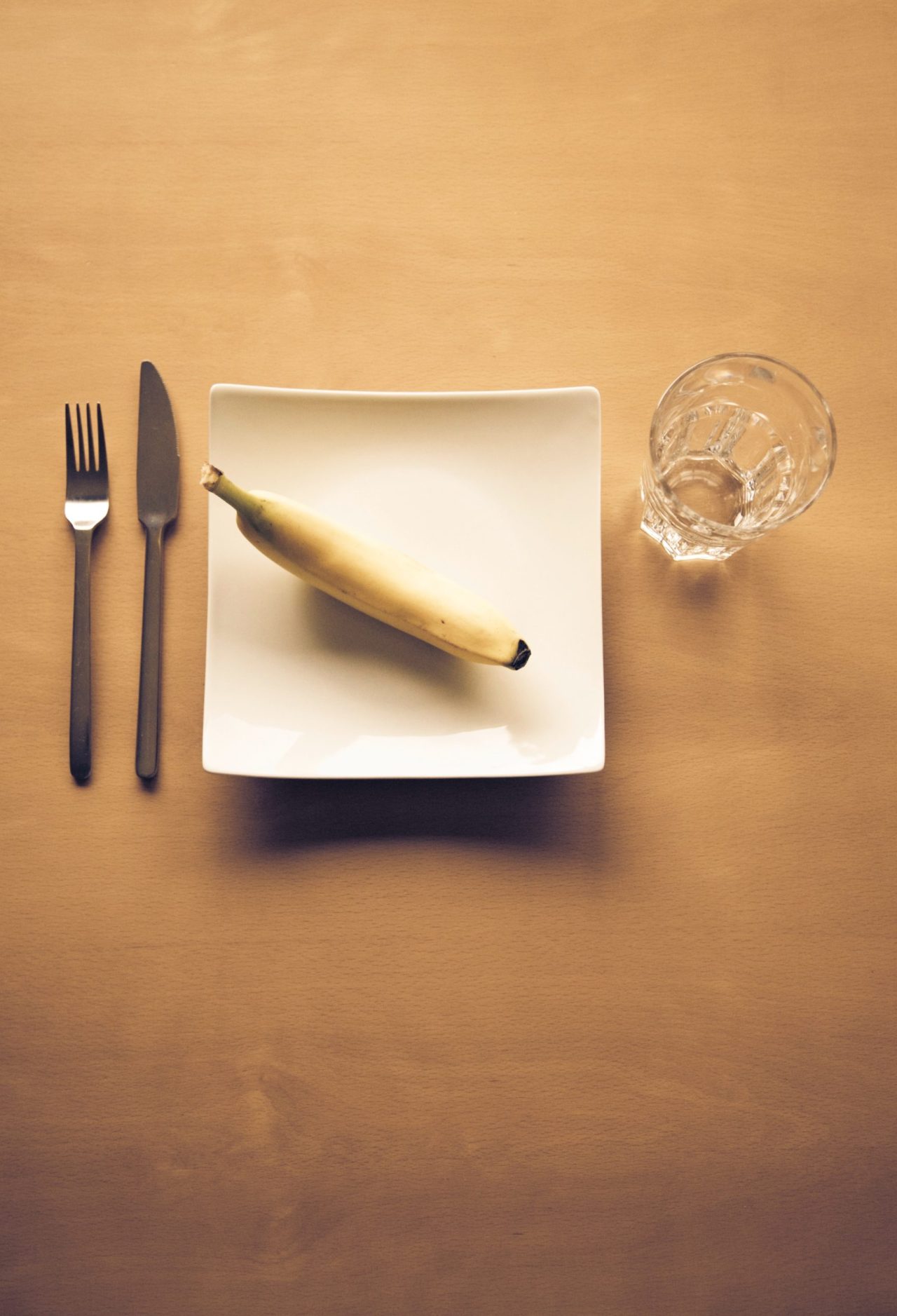
5 Books That Take A Hard Look At Our Discriminatory Diet Culture
Trigger warning: Eating disorders and mental illness.
“You’re as malnutritioned as a child in Africa.” I was more concerned about how politically incorrect that phrase was than the fact I was sitting in the back of an ambulance being told by a paramedic that my body was dying. I was 18, severely underweight, disturbed, and depressed when I entered the hospital. And as ghastly as the experience of being on a drip overnight, medical professionals saying that my liver was giving up, and the fact I was a hop, skip, and a jump from being sectioned, I had never felt more alive or hungry than ever before. I finally felt free from the shackles of expectation.
So where did it begin? Like many others, trauma played a significant part in why I began restricting my meals. However, there was no denying that our disordered diet culture from the perspective of a South Asian woman was a culprit in shaping how I would feel about my body for years to come.
What is diet culture?
Australian eating disorder charity Butterfly Foundation treatment team leader Anila Azhar describes diet culture as a “complex sociological phenomenon” rooted in race, culture, sex, identity, and capitalism. Speaking to ABC News Australia, she said it places thinness at the height of success and beauty and perpetuates the idea that a person is morally ‘bad’ if they gain weight or live in a larger body.
However, diet culture sets us up to feel bad about ourselves, and moreover, sets us up to fail from the start. In reality, diets have a failure rate of 98%, which means we destroy any self-worth we may have going into it.
How does diet culture discriminate?
Growing up in a South Asian community meant that on the one hand, elder women would encourage feeding and eating as a form of reciprocal love, while at the same time criticizing your figure and how “heavy” you may have looked. It is a no-win situation. According to a 2011 study by SIT Graduate Institute, the form of globalization currently being experienced by India “does cause harm through the imposition of foreign beauty standards on Indian women.”
Sabrina Strings, Ph.D., associate professor of sociology at the University of California at Irvine and the author of Fearing the Black Body: The Racial Origins of Fat Phobia said that diet culture is intrinsically linked with racism and patriarchy. “What constitutes ‘good’ behavior is going to be far more accessible to white persons, to men, to wealthy persons, than to people who do not fit into those categories.” She added: “Whenever we create standards about how we all should live, these norms always benefit those individuals who are already in power.”
A YouGov poll commissioned by UK’s biggest eating disorder charity Beat found that nearly 4 in 10 (39%) of people believed eating disorders were more common amongst white people than other ethnicities. Yet clinical research has found that the illnesses are just as common or even more common among POC than white people. As a woman of color and online mentor at the charity myself, looking into diverse writings has been essential in helping other young people growing up with this stigma, understand that this is not happening in a vacuum.
So what books are worth reading to understand this better?
Sonya Renee Taylor – The Body is Not an Apology: The Power of Radical Self-Love
This book shows how restoring our relationships with our bodies on an individual level can lead to transformative change in the world. It is a guide to developing a radical self-love practice while also disrupting systems of power that depend on our body shame to survive.
Roxane Gay – Hunger: A Memoir of (My) Body
Gay, who is also associate professor of English at Purdue University, wrote Hunger: A Memoir of (My) Body, which is a personal, open-hearted account of what it is like to live with a body that is frowned upon by society. She describes living with trauma and how food was part of her coping strategy with repressing her experiences.
Sabrina String, Ph.D – Fearing the Black Body: The Racial Origins of Fat Phobia
The sociologist presents a meticulously researched history of the transformation of European and American ideologies toward fat from the Renaissance to the present day.
Poorna Bell – Stronger: Changing Everything I Knew About Women’s Strength
Now a competitive amateur powerlifter who can lift over twice her own bodyweight, journalist Bell has been perfectly placed to start a crucial conversation about women’s strength and fitness, one that has nothing to do with weight loss.
Leah Vernon – Unashamed: Musings of a Fat, Black Muslim
Vernon is whipping standards of the fashion world into new shapes, declaring her faith not only by wearing a hijab, but how she balances her two worlds of weight and religion.
My body has changed considerably over the years. Living with a degenerative illness means that I have had to let go of control over my weight issues and embrace the skin that I am in, brown, bigger, and beautiful.
